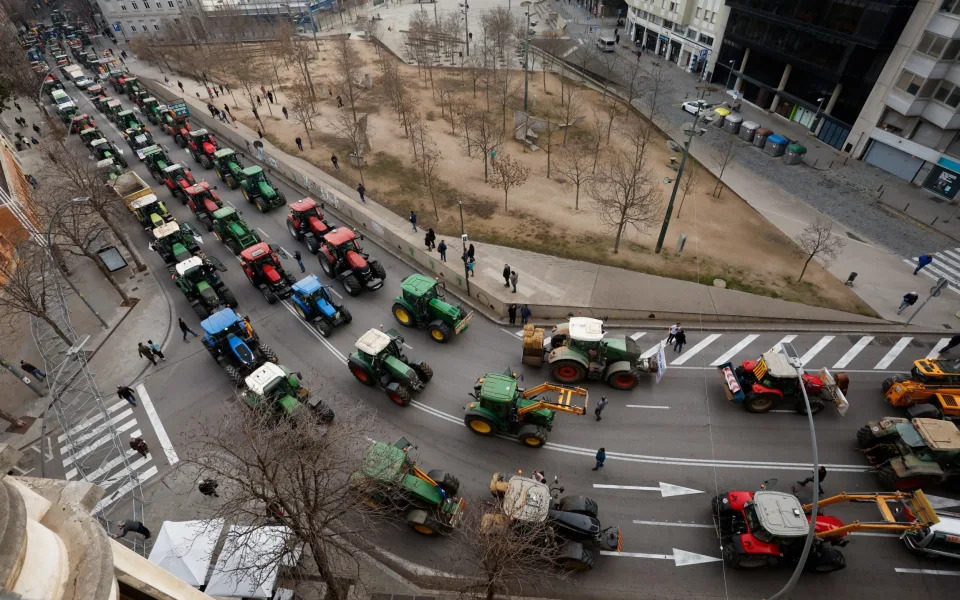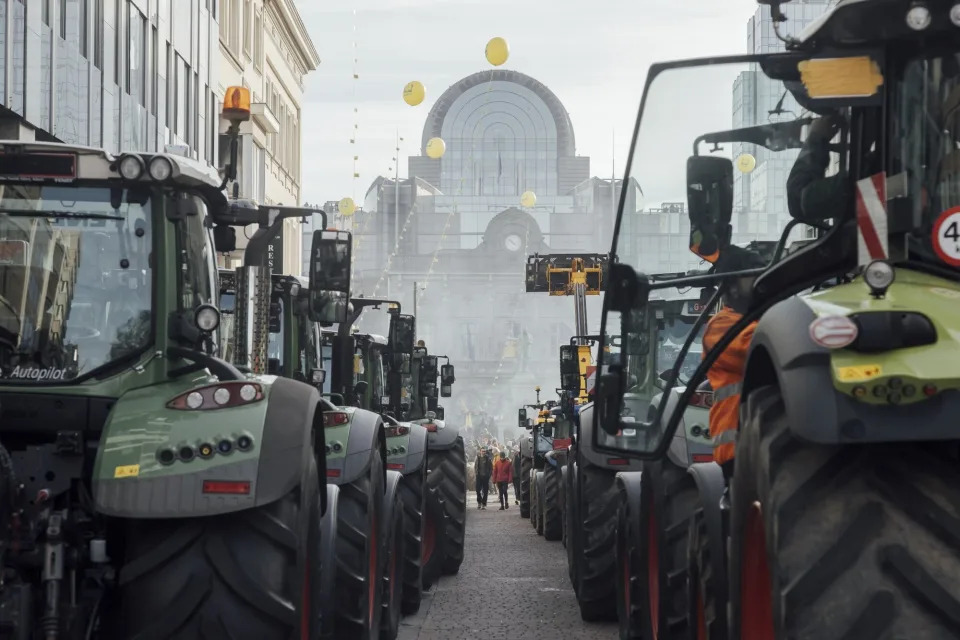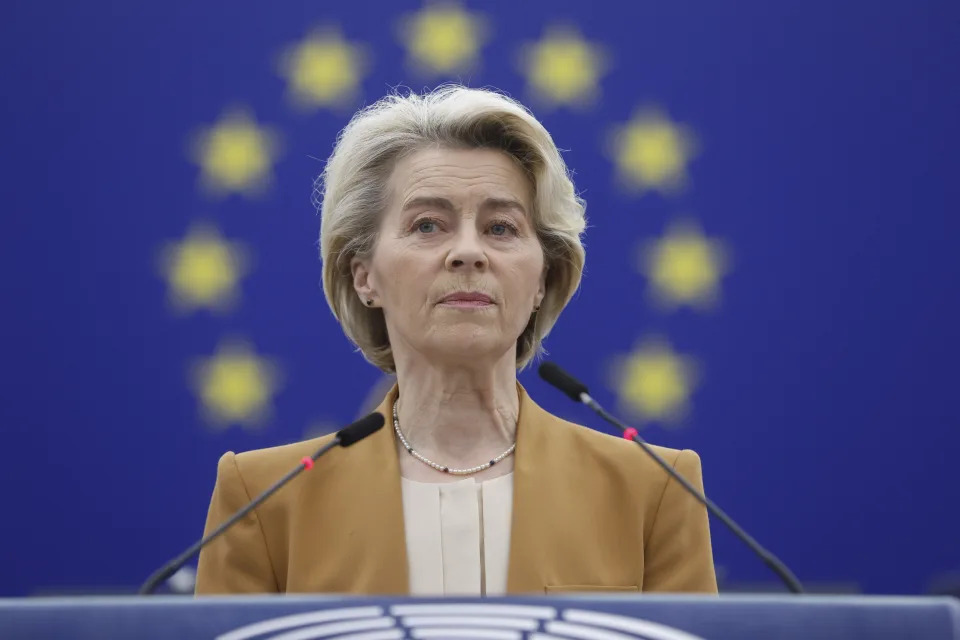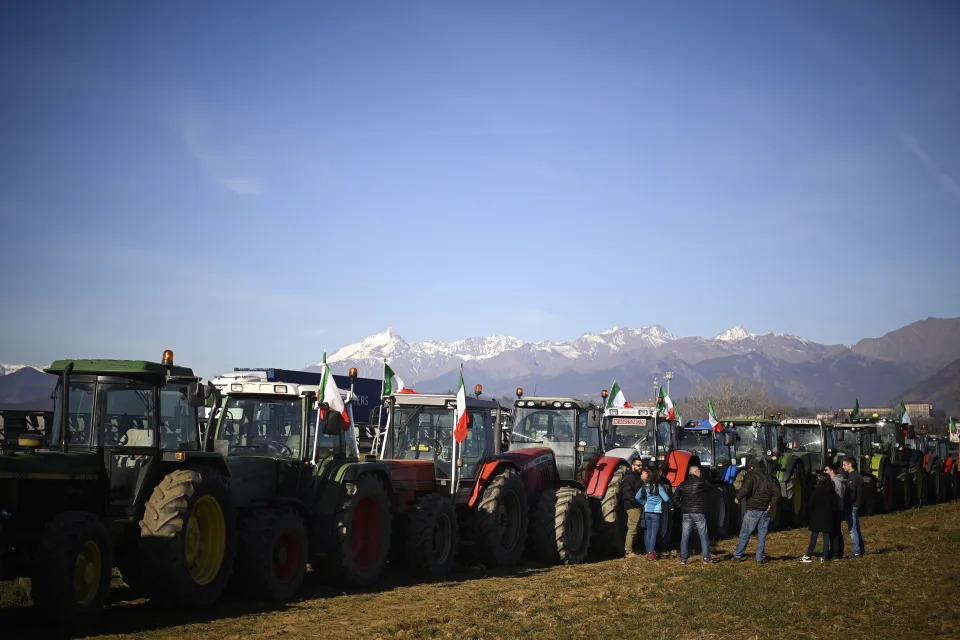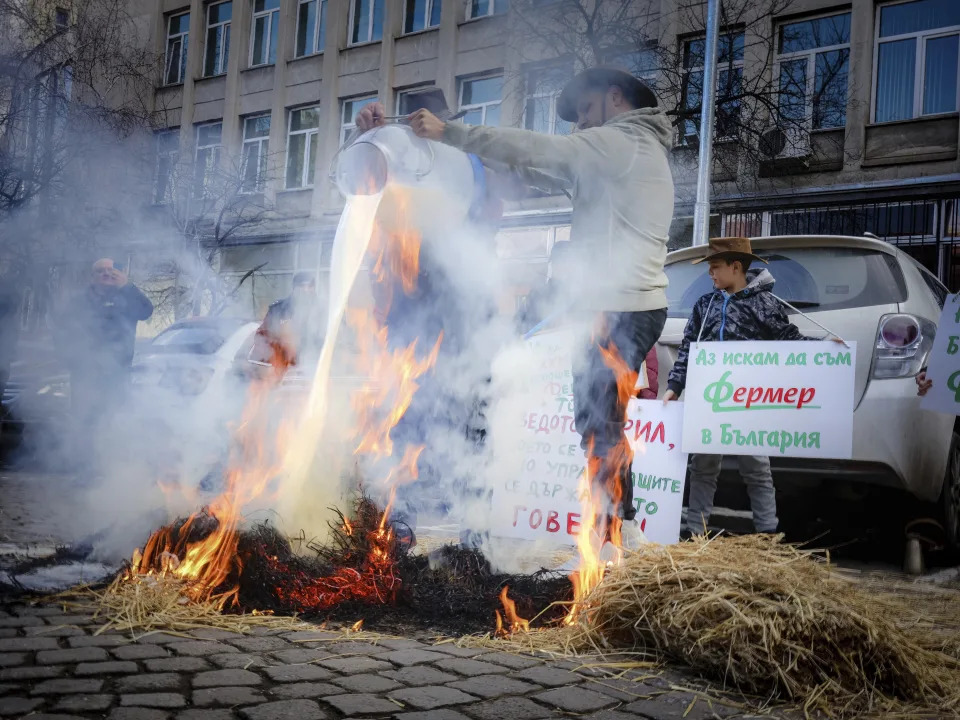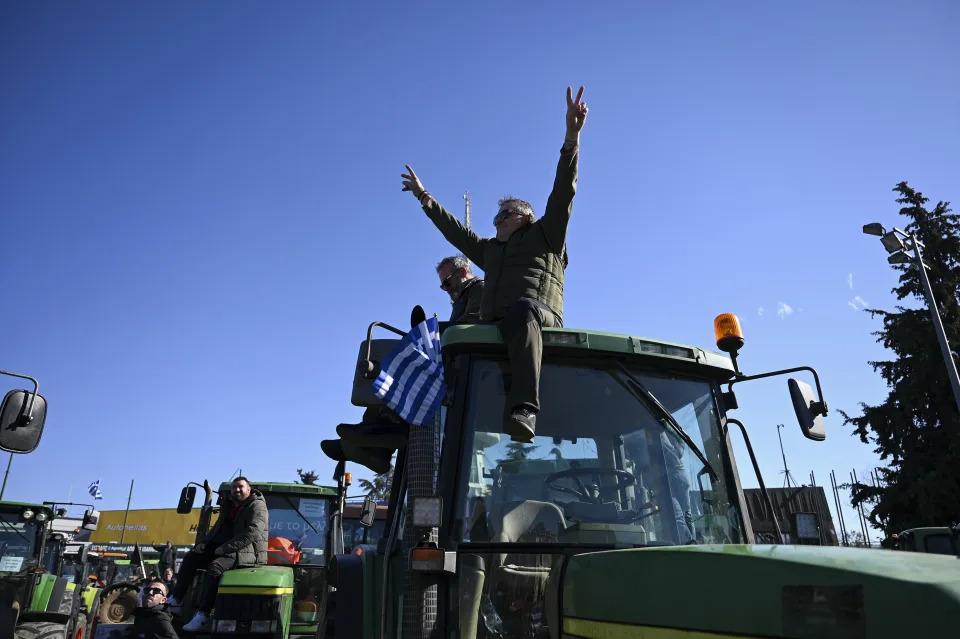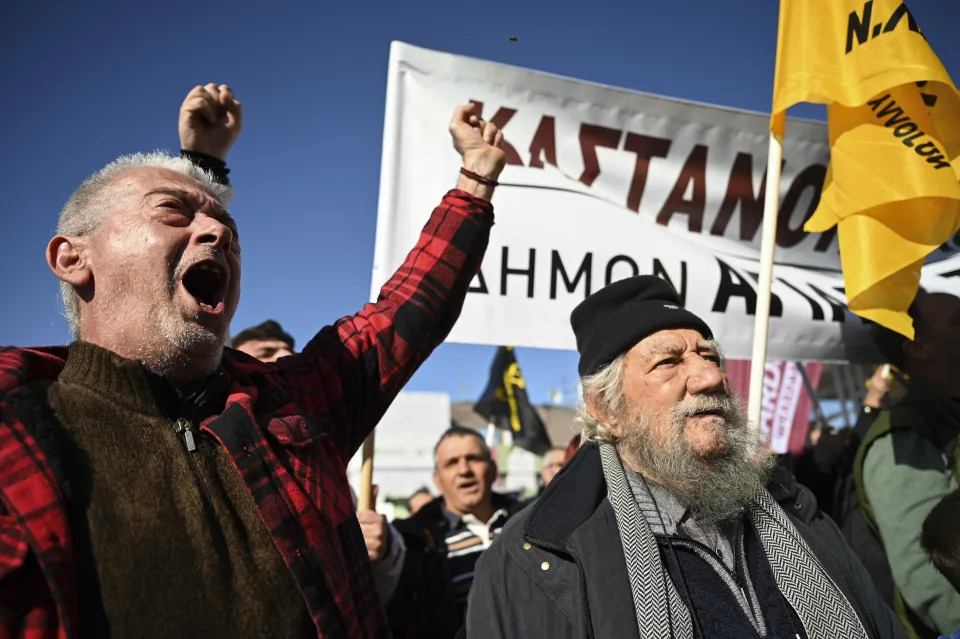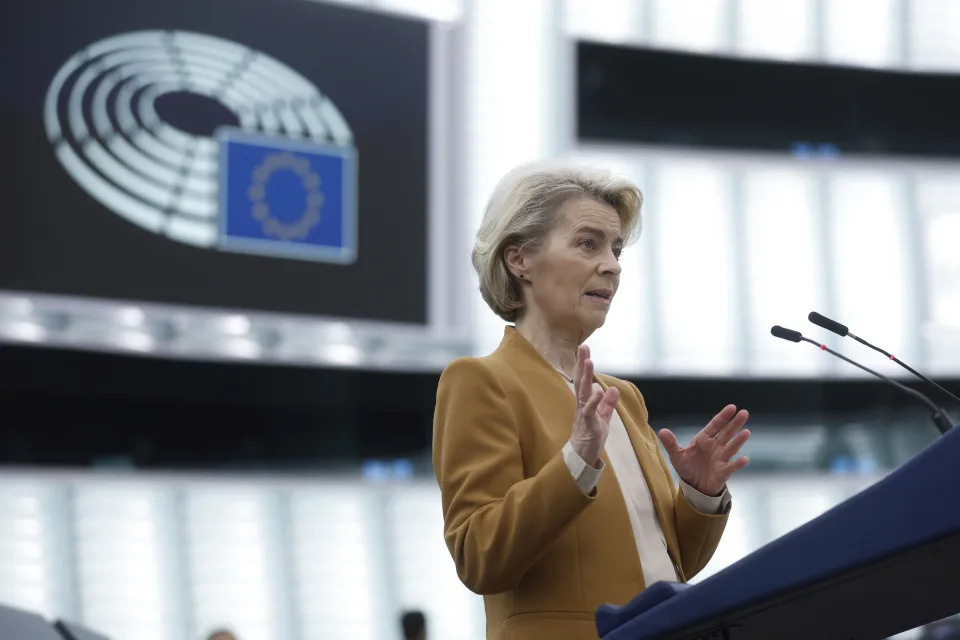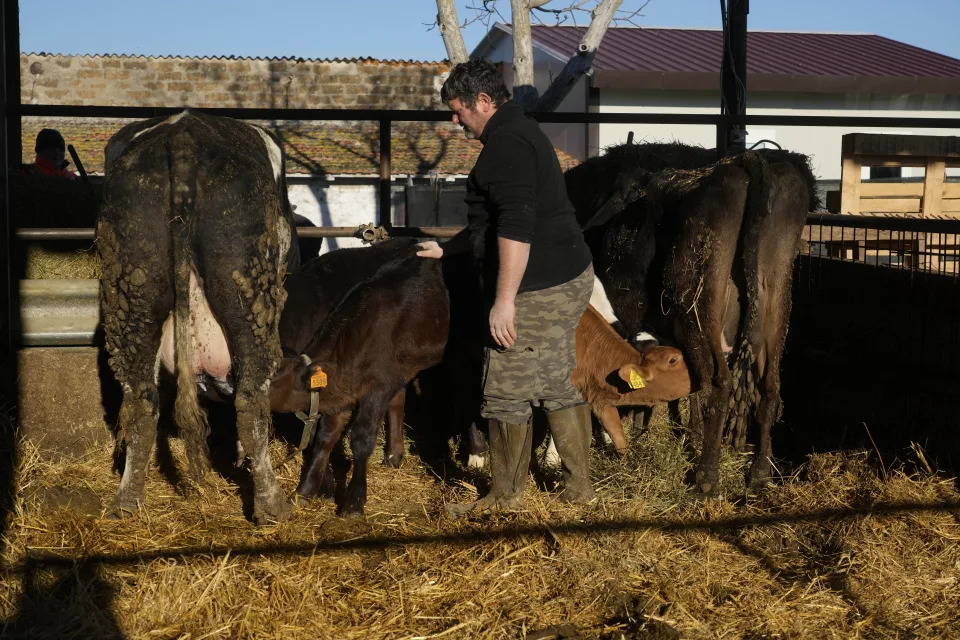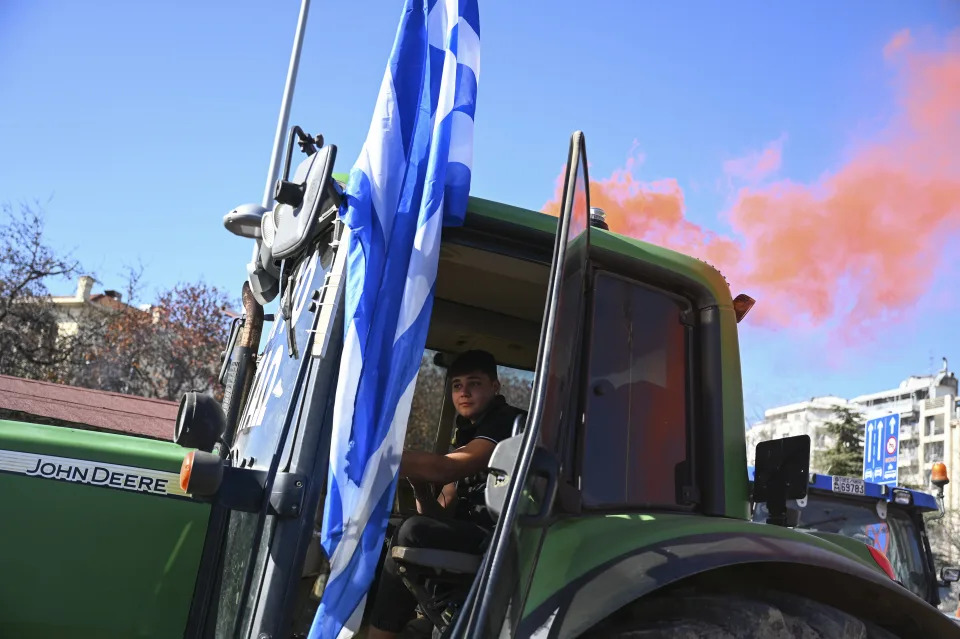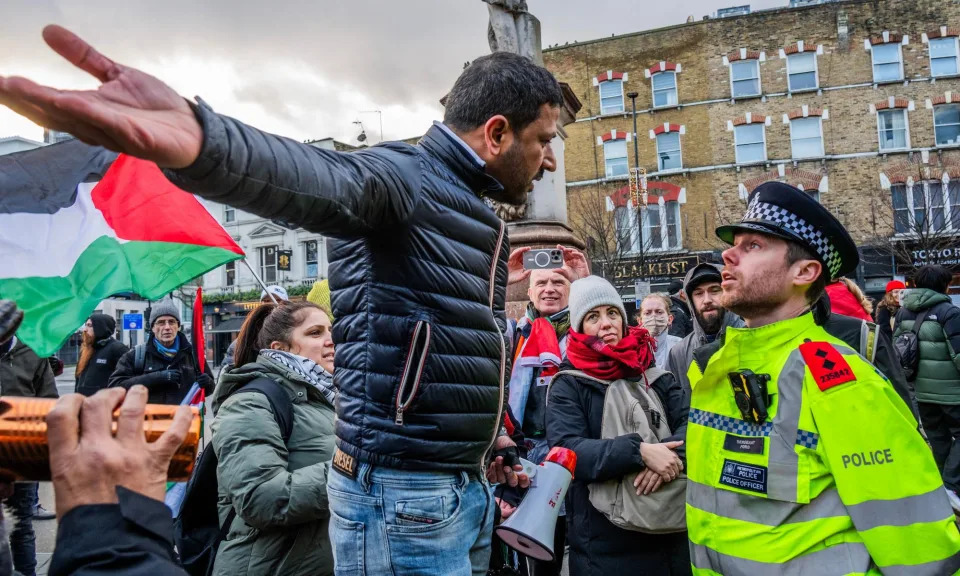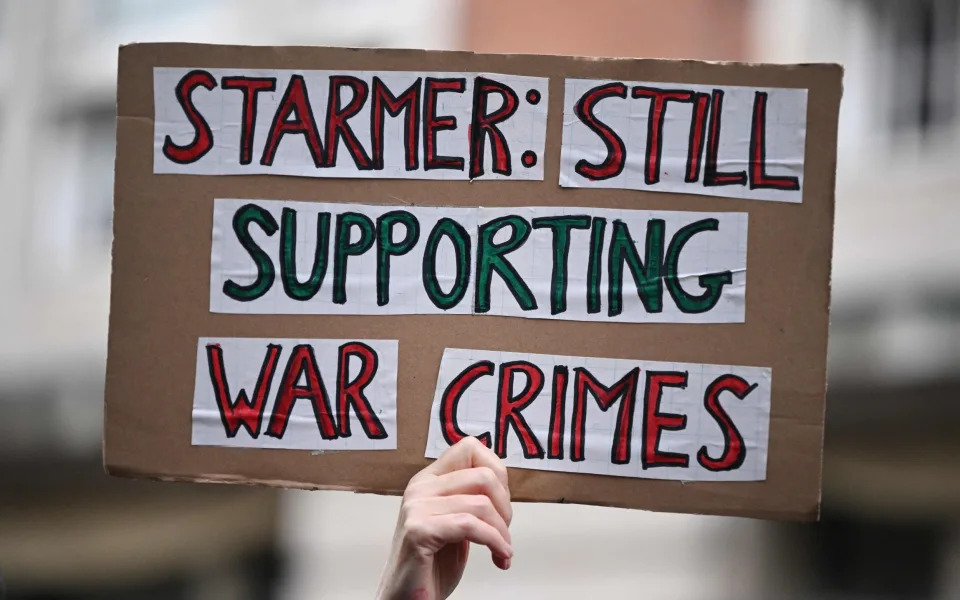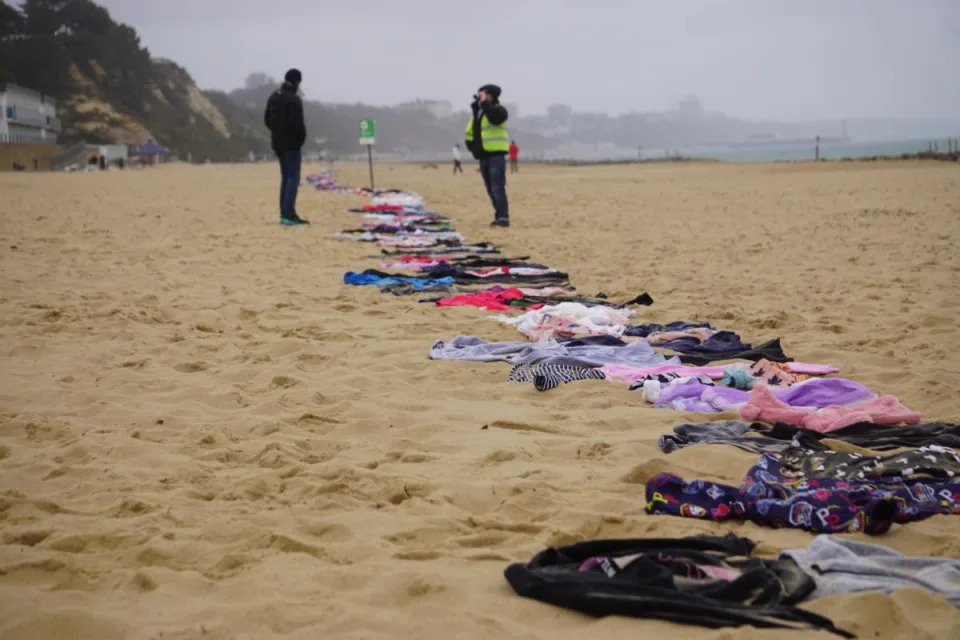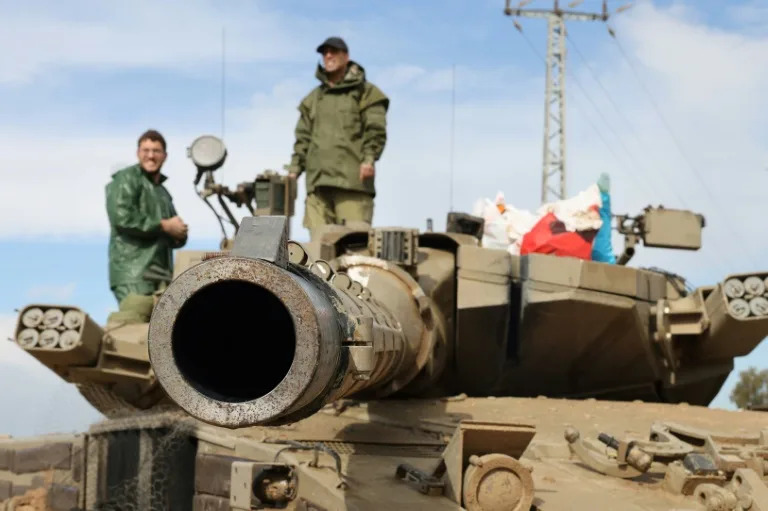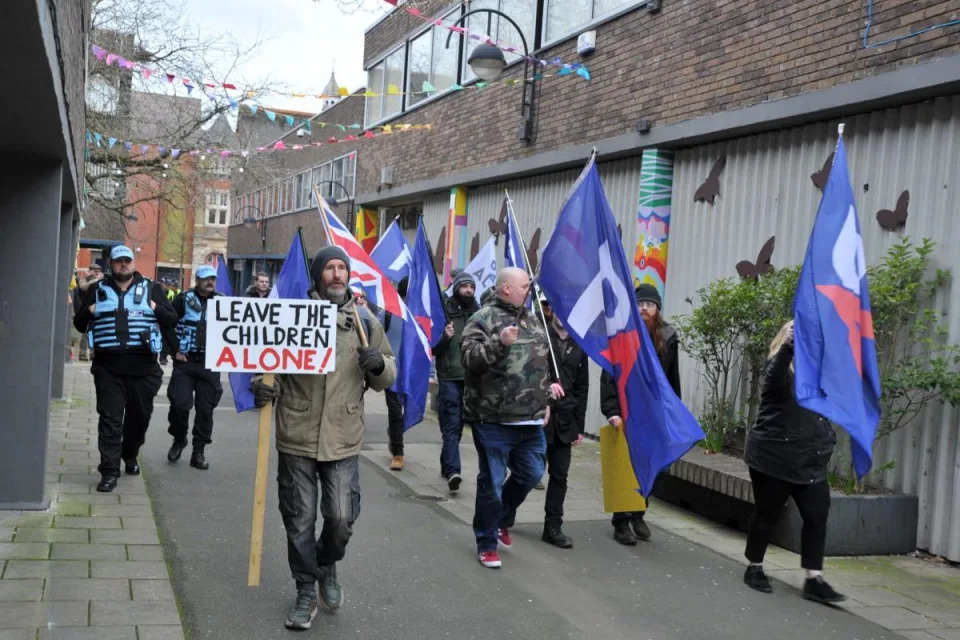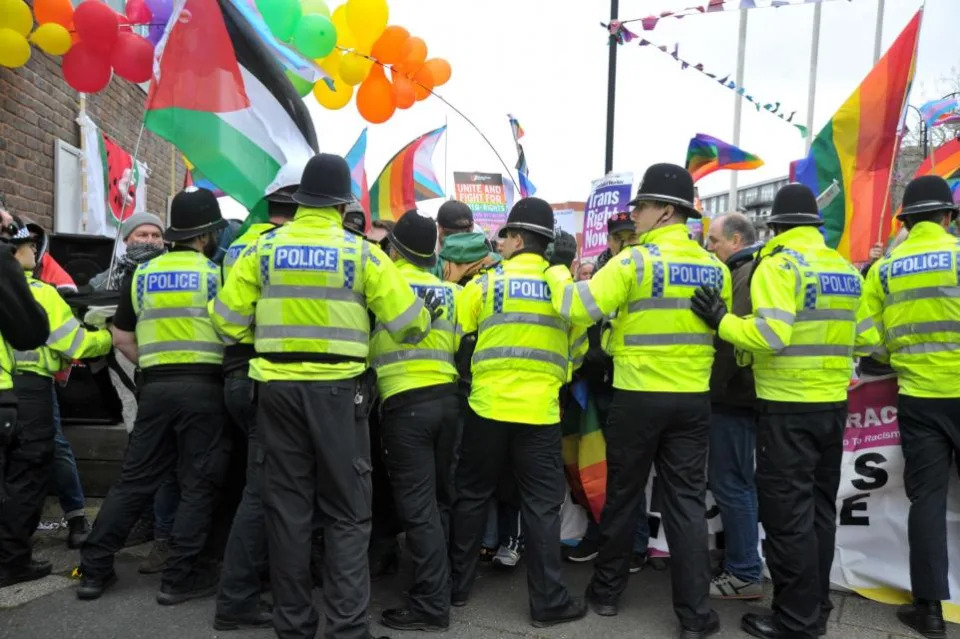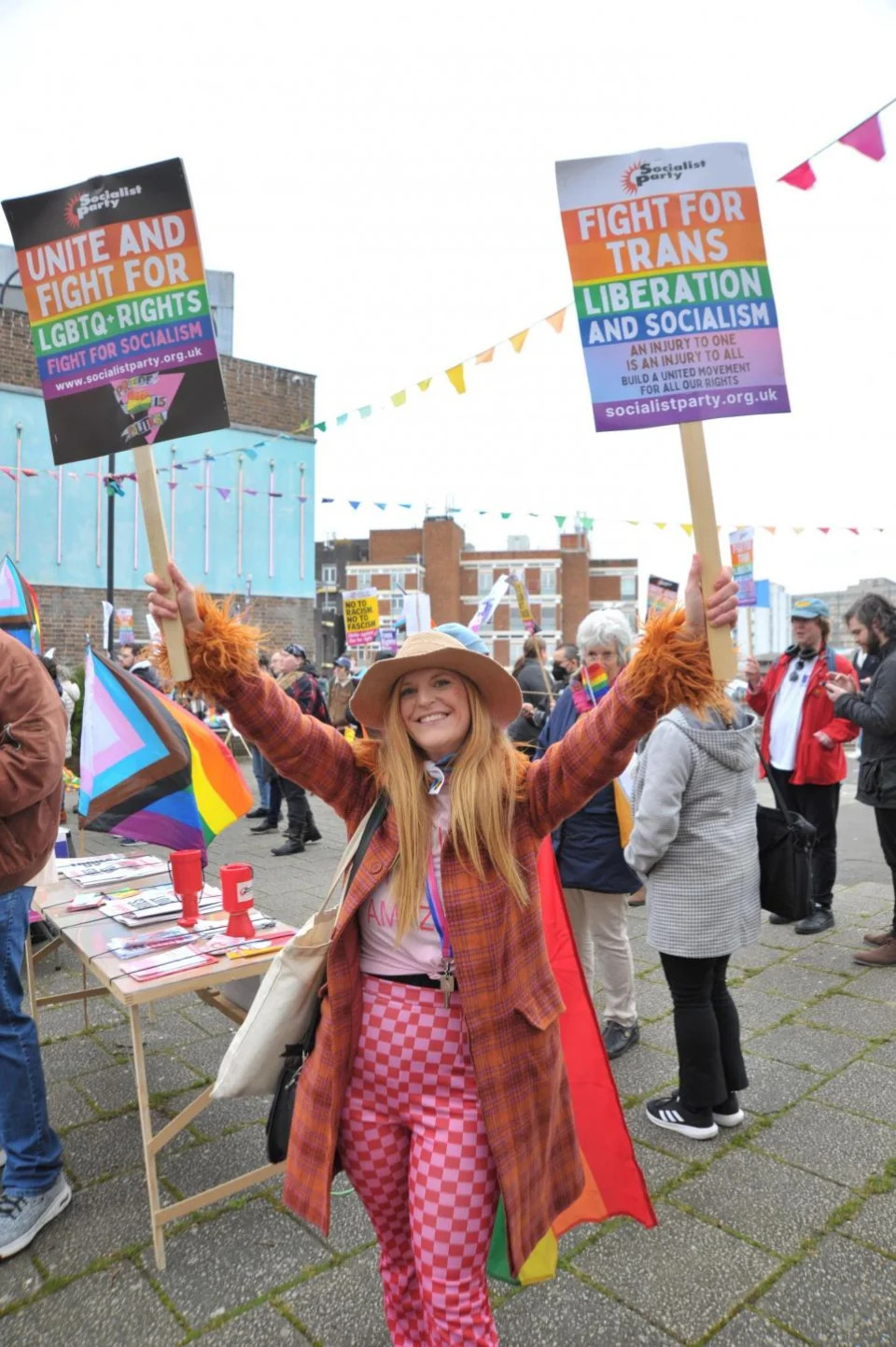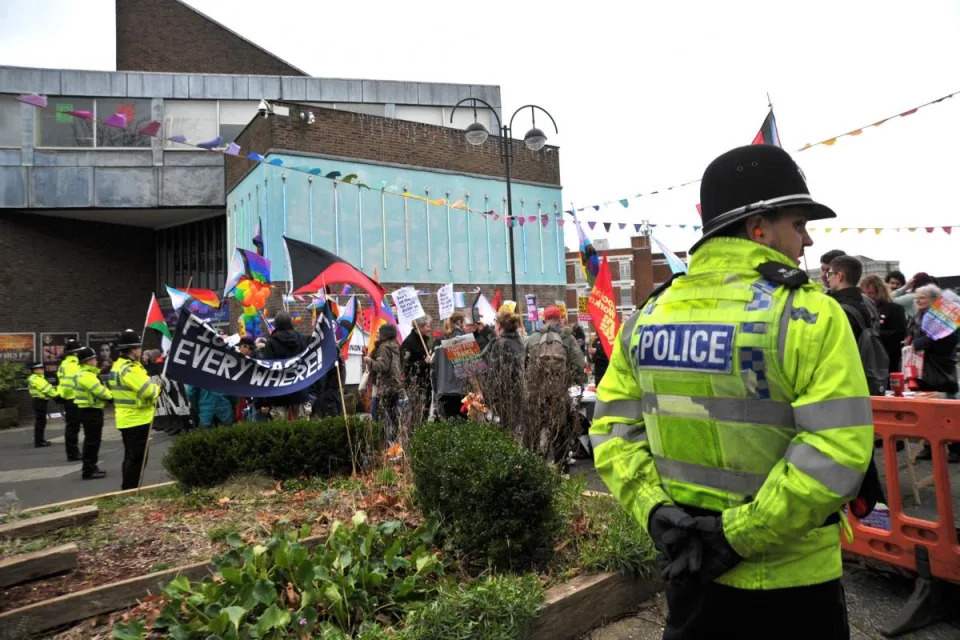Migrant fruit picker may have been modern slavery victim under Home Office scheme, government finds
Nadine White and Holly Bancroft
Mon, 5 February 2024
A fruit picker from Bolivia may have been subjected to modern slavery under a government scheme, The Independent can reveal.
Julia Quecano Casimiro was recruited in Chile in 2023 alongside other workers to become a seasonal worker at Haygrove farm in Herefordshire. She came to the UK on a seasonal worker visa, designed to allow people to work picking fruit, vegetables or flowers for up to six months.
In a preliminary ruling, the Home Office has now decided there are reasonable grounds to conclude that Ms Casimiro could have been a victim of modern slavery. Her case will now be investigated further by the government before a final decision is made.
The Independent and The Bureau for Investigative Journalism have previously reported on claims of modern slavery at farms across the UK, which were investigated by the Home Office.
Ms Casimiro, 23, was part of a group of 88 Latin American seasonal fruit pickers who staged the UK’s first ever strike by workers on seasonal visas last July. They claimed that they faced harassment and poor working conditions, such as lack of drinking water.
Haygrove, which has fruit-growing farms in the UK, South Africa and Portugal, has denied all the allegations.

Julia Quecano Casimiro was recruited in Chile in 2023 alongside other workers to become a seasonal worker (UVW)
Ms Casimiro has also brought legal proceedings against the farm at an employment tribunal, claiming harassment and race discrimination with the help of union UVW. Haygrove refute any allegations of bullying or discrimination, saying that they take care to ensure fairness.
She also claims that the farm did not provide the proper safety wear, or provide enough drinking water or toilets on site. Haygrove said that toilets are kept clean, team leaders provide water in all picking fields, and health and safety is taken extremely seriously.
Ms Casimiro, who arrived in the UK in July 2023 from Chile, said the farm had asked her to repay the cost of her flights.
She said: “The email came in about repaying the flights and I said ‘no, this can’t be’, I spoke with several of my friends and we all agreed, this cannot be and all the workers held an urgent meeting”. Haygrove say that workers know from the outset that the company loans them the money for their plane tickets.
Speaking about the living conditions, she said: “The beds were so narrow and the rooms so small that the beds were joined together so it was almost like sharing beds. It was a very, very cramped place. The sofas were dirty and the fridge burnt down and our food rotted.” Haygrove said that the accommodation complies with industry standards and had been audited by the Home Office and the Gangmasters and Labour Abuse Authority.
A recruiter in Chile had promised Ms Casimiro she would earn up to £500 a week picking fruit for the duration of the five-month seasonal worker visa issued to her by the UK government.
But she was given no shifts or pay during her first week in late June. The next week, she made less than £150.
“As soon as I started, I saw that it was exploitation,” she said. “It was modern slavery.”
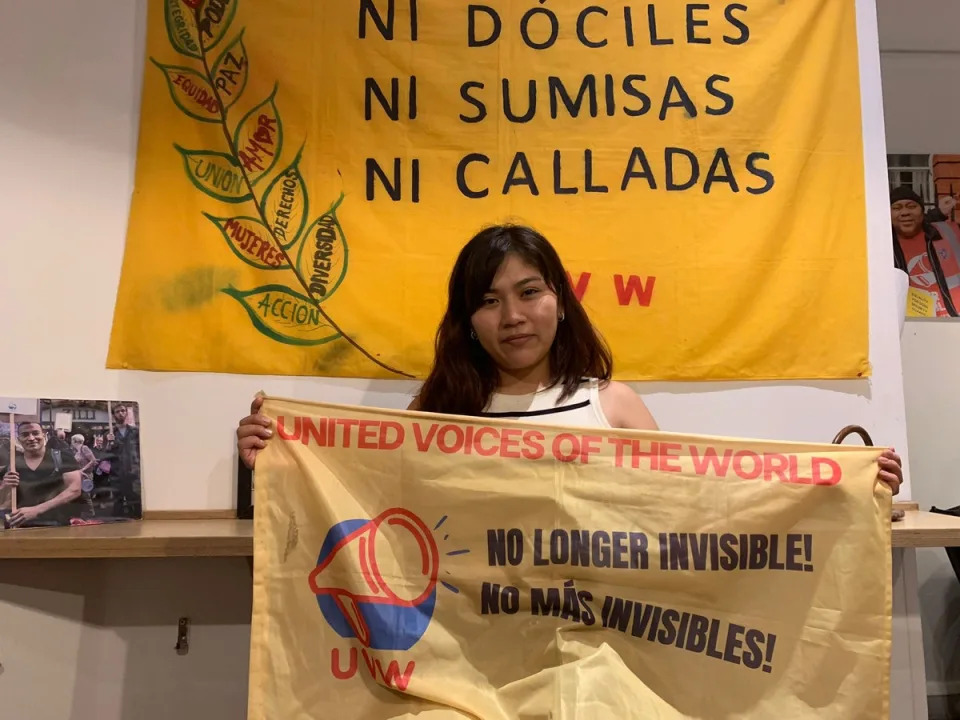
Ms Casimiro, 23, was part of a group of 88 Latin American seasonal fruit pickers who staged the UK’s first ever strike by workers on seasonal visas last July. (UVW)
Haygrove said that, while workers were told about typical earnings at recruitment events, these were not promised or contracted this amount of work. They explained that during the first week of Ms Casimiro’s time at the farm bad weather meant there was no work available. They said that the “vast majority of the cherry pickers who did remain with us were able to work the typical hours through August, September and October and make commensurate pay” once the weather was better.
For Ms Casimiro and some of her colleagues the tipping point came when they were told to repay the farm £1,500 for the flights that had brought them to the UK – even though receipts show some of the tickets cost a lot less.
Workers were told they would have to repay £250 every week for six weeks on top of accommodation deductions. In Ms Casimiro’s case, she said that would mean being left with only £16 on the weeks when she was given the hours guaranteed by the farm.
Haygrove said workers were told at the outset that plane tickets would be paid through the means of a loan. When made aware of the difference between the loan amount and the true cost of the plane tickets, Haygrove said they only charged workers for the actual value of the tickets.
They said that Ms Casimiro had a paid-for flight home available but did not take it and the farm will not seek to reclaim any flight costs from her.
They said that the majority of workers returned to work after receiving reassurances from Haygrove that weekly earnings would soon increase due to the better weather conditions.
“There’s no way I would have come to the UK if I’d known what was going to happen,” Ms Casimiro told the Bureau of Investigative Journalism (TBIJ).
Haygrove workers would leave their caravans just after 4am before a coach ride of up to two hours to fields on the border with Wales. None of that time was paid, nor was the trip back. Haygrove said that on-site accommodation was available for workers who wished to avoid the daily trip.
Johanna White, solicitor at ATLEU, the firm representing Ms Casimiro, said:“We have received many reports of seasonal workers being subjected to mistreatment including underpayment of wages, no sick leave, and debt bondage where workers have had to pay high upfront travel, visa and recruitment fees in their home countries.
“Julia’s case demonstrates that the current scheme creates a serious risk of labour exploitation, trafficking and modern slavery by placing considerable power in the hands of profit-seeking recruitment companies.”
The UN’s special rapporteur on modern slavery recently said that the UK could be ‘breaching international law’ with the seasonal visa scheme and the Home Office has been found to be failing to investigate “clear indicators of forced labour”.
A conclusive decision on Ms Casimiro’s case is expected next month.
A Haygrove spokesperson said: “The National Referral Mechanism has not determined that Ms Casimiro was a victim of modern slavery or human trafficking.
“Our understanding is that the NRM’s role is to evaluate whether to provide support to Ms Casimiro, but it is not their responsibility to investigate a potential case. We have evidence to demonstrate that Ms Casimiro was not a victim.”
A government spokesperson said: “The welfare of visa holders is of paramount importance, including in the seasonal workers scheme, and we are clamping down on poor working conditions and exploitation.
“The seasonal workers route has been running for four years and each year improvements have been made to stop exploitation and clamp down on poor working conditions while people are in the UK. We will always take decisive action where we believe abusive practices are taking place or the conditions of the route are not met.”
